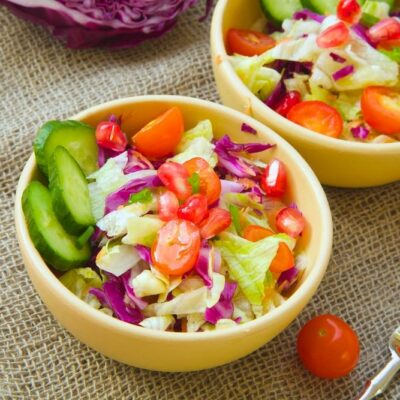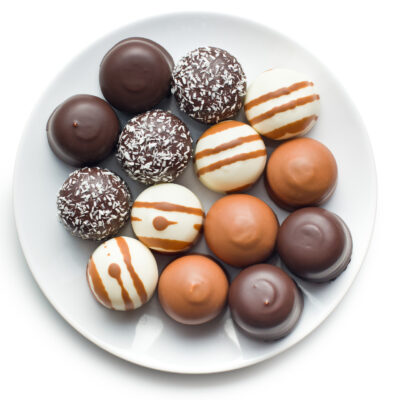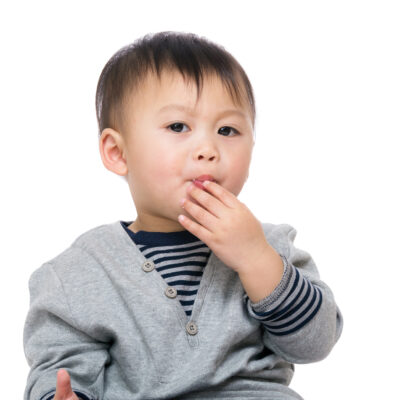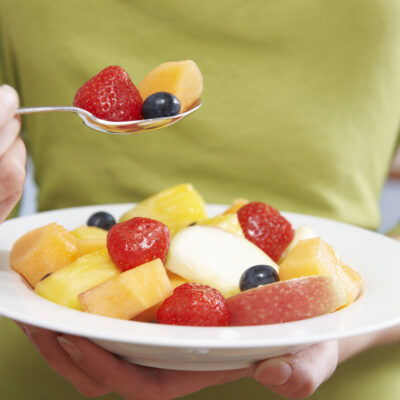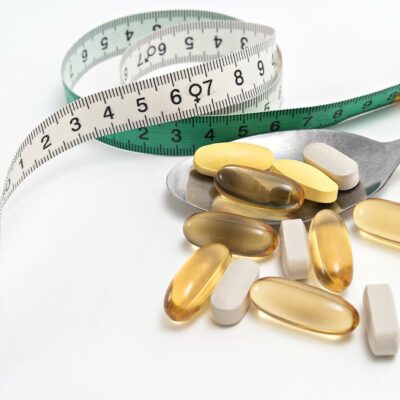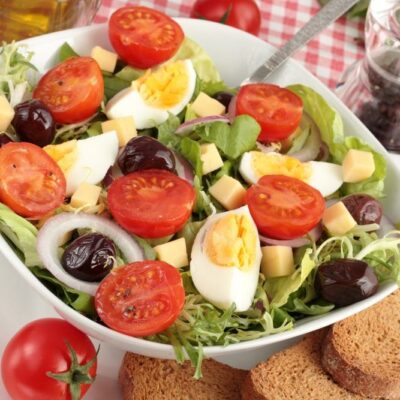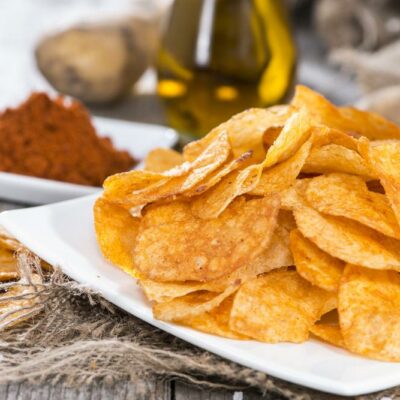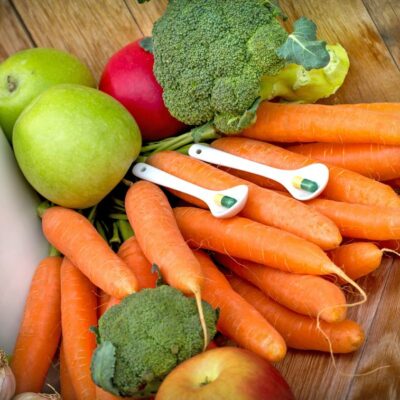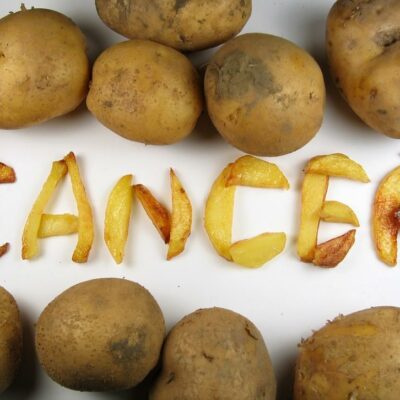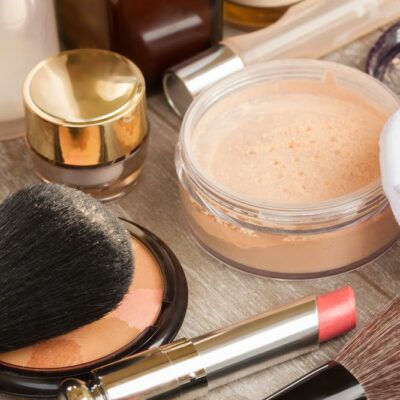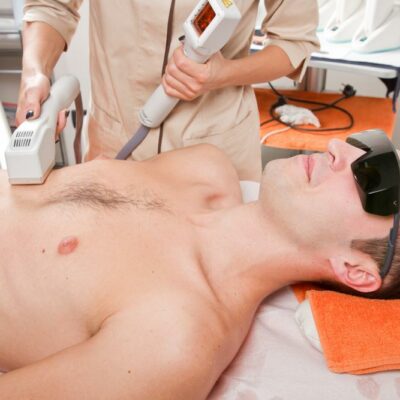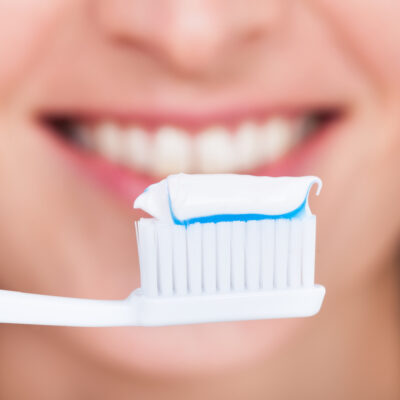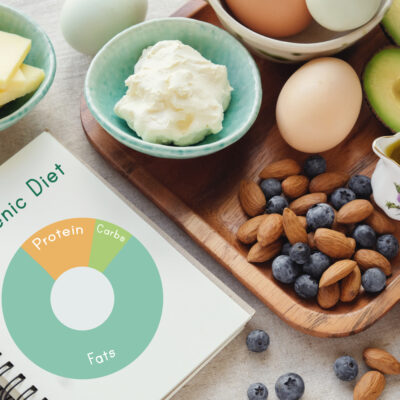
Food
12 Foods to Eat When on the Keto Diet
The keto diet is a popular low-carb and high-fat diet that is known for helping followers lose weight quickly and successfully. The diet has become rather popular these days, and studies reveal that it is most effective for people with diabetes and epilepsy, and for those who want to lose weight quickly. Here are some foods that should be included in the meal plans for this diet: 1. Seafood Shellfish and fatty fish like salmon, sardines, and herring are recommended for people following this diet as they are rich in vitamin B, selenium, and potassium. 2. Low-carb vegetables These are rich in fiber and nutrients like minerals and vitamin C, and low in carbs and calories. Veggies have antioxidants that protect against damage by free radicals. Also, cruciferous vegetables in particular, like broccoli, cauliflower, and cabbage, are known to reduce the risk of heart diseases and cancer. 3. Cheese Most cheeses have low carb and high fat content, making them perfect additions to a keto diet. Cheese may help improve muscle mass and prevent heart ailments, and it also has linoleic acid that is related to fat loss. 4. Avocados These are highly nutritious and contain essential vitamins and minerals like potassium, which makes a transition to the keto diet much smoother.
Read More 